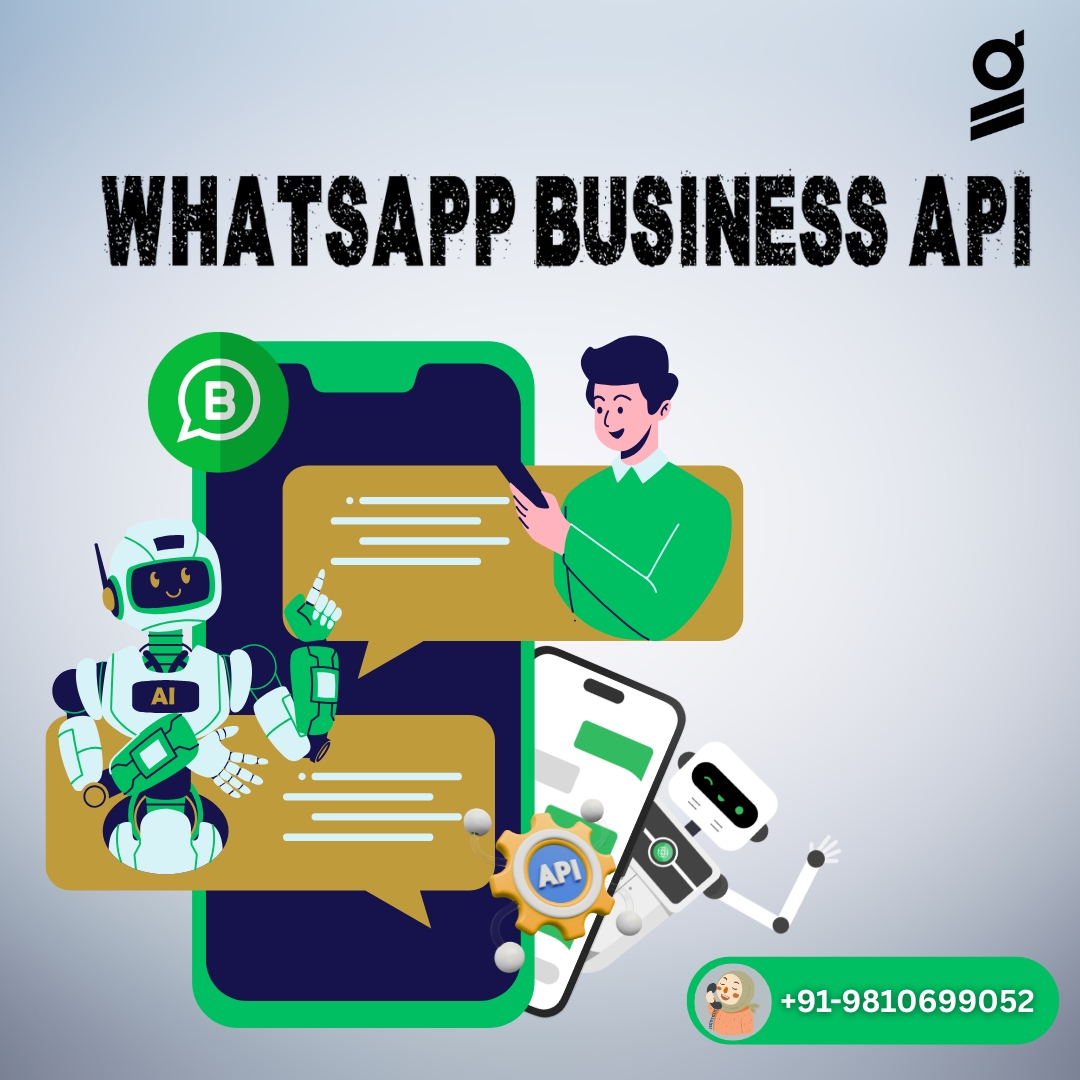In the world of digital customer engagement, WhatsApp has emerged as a powerful communication tool for businesses of all sizes. With two distinct offerings—WhatsApp Business App and WhatsApp Business API—business owners often find themselves confused about which version suits their needs best. Understanding the differences between the two and how the API can scale operations is critical for businesses aiming to deliver efficient and responsive customer support.
WhatsApp Business App: Designed for Small Businesses
The WhatsApp Business App is a free-to-use mobile application built for small business owners. It allows for direct interaction with customers through a single device, and includes useful features like:
- Business profile with contact information and website link
- Away and greeting messages
- Quick replies and labels for organizing chats
- Catalogs to showcase products or services
While it is ideal for solo entrepreneurs or small businesses with limited daily messages, it quickly becomes restrictive as business demands grow.
WhatsApp Business API: Built for Medium and Large Enterprises
The WhatsApp Business API, on the other hand, is tailored for businesses that require automation, multi-agent support, and integration with CRMs or helpdesk platforms. It is not an app but a backend solution that connects WhatsApp to business systems via APIs, enabling:
- Multi-user access across support teams
- Integration with customer support tools, chatbots, and data analytics
- Automation of messages, including notifications and alerts
- Message personalization based on user data
This makes it suitable for organizations managing thousands of conversations per day across global markets.
Feature Comparison
| Feature | WhatsApp Business App | WhatsApp Business API |
| Target Users | Small businesses | Medium to large businesses |
| Platform | Mobile only | Server-based, cloud-hosted |
| User Access | Single user | Multiple agents |
| Automation | Basic replies | Full automation with chatbots |
| Integration | Limited | CRM, ERP, helpdesk, AI tools |
| Messaging Volume | Low | High and scalable |
| Broadcast Messaging | Manual | Automated with template approval |
| Support | Manual interaction | Seamless automation and live support mix |
When to Upgrade to WhatsApp Business API
Many businesses start with the WhatsApp Business App and move to the API once they experience growth in customer inquiries, product lines, or geographic reach. Here are signs it’s time to upgrade:
- Increased message volume: Manual responses become unsustainable.
- Need for automation: Customers expect 24/7 service.
- Team-based support: More than one agent is required to manage queries.
- Customer segmentation and personalization: You want to tailor messages based on purchase history or preferences.
- Integration with tools: You need to pull customer data from your CRM or send WhatsApp messages via ticketing software.
Use Cases of WhatsApp Business API
- Customer Support: Offer real-time assistance with automated routing and escalation to live agents.
- Notifications: Send order updates, reminders, and confirmations automatically.
- Lead Qualification: Use chatbots to gather and qualify leads before handing them to a sales rep.
- Feedback Collection: Prompt customers to rate their service or complete a short survey.
- Re-engagement: Use pre-approved templates to re-engage inactive users with offers or updates.
Compliance and Message Rules
Businesses using the API must follow WhatsApp’s strict policies to prevent spam. Key requirements include:
- Opt-in from users before initiating a conversation.
- Use of approved message templates for outbound (business-initiated) messages.
- Respond within 24 hours to user-initiated messages to keep the chat open.
- Respect for user privacy and clear opt-out options.
Violations can result in message delivery restrictions or suspension from the platform.
Choosing a Business Solution Provider (BSP)
To access the WhatsApp API, most businesses work with a BSP like Twilio, 360dialog, Gupshup, or Meta’s own platform. BSPs offer infrastructure, hosting, and interface support, reducing the technical burden on your internal team.
These providers may also offer added services like chatbot creation, analytics dashboards, and integration support, making it easier to get started with the API.
Challenges and Considerations
- Setup time: It may take several days or weeks to set up depending on provider and approval time.
- Template message limits: All outbound templates must be approved by WhatsApp in advance.
- Cost: WhatsApp charges per conversation, with different rates for business-initiated and user-initiated interactions.
However, the return on investment is often significant when considering reduced support costs, improved response times, and better customer satisfaction.
Final Thoughts
The WhatsApp Business API is not just a messaging tool—it’s a complete communication solution that can transform how businesses engage with their customers at scale. While the WhatsApp Business App serves as a great entry point for small ventures, the API unlocks a new level of automation, personalization, and operational efficiency.
As digital messaging becomes central to customer engagement strategies, companies looking to stay competitive and responsive must explore the possibilities of the WhatsApp Business API. Whether you’re streamlining support, improving sales, or nurturing customer relationships, the API offers the flexibility and power needed for modern business communication.
